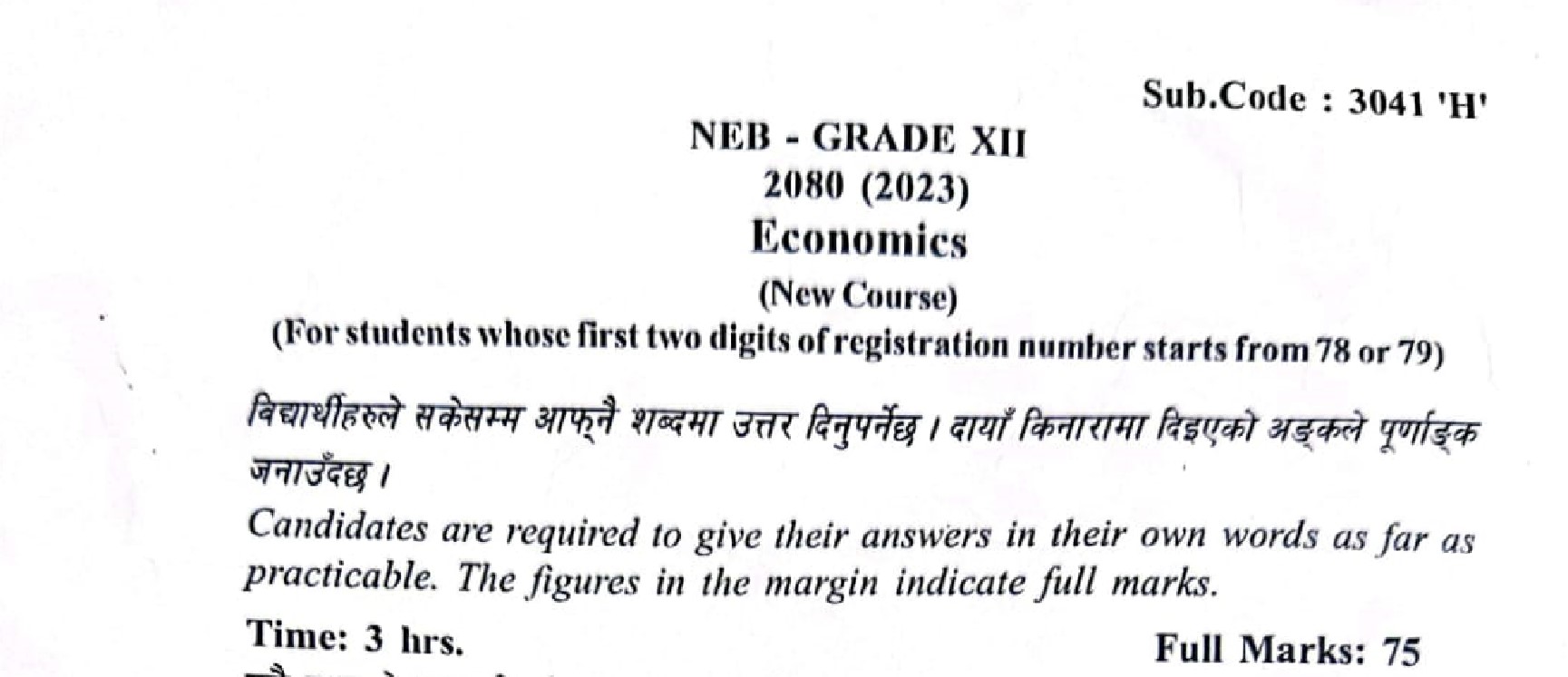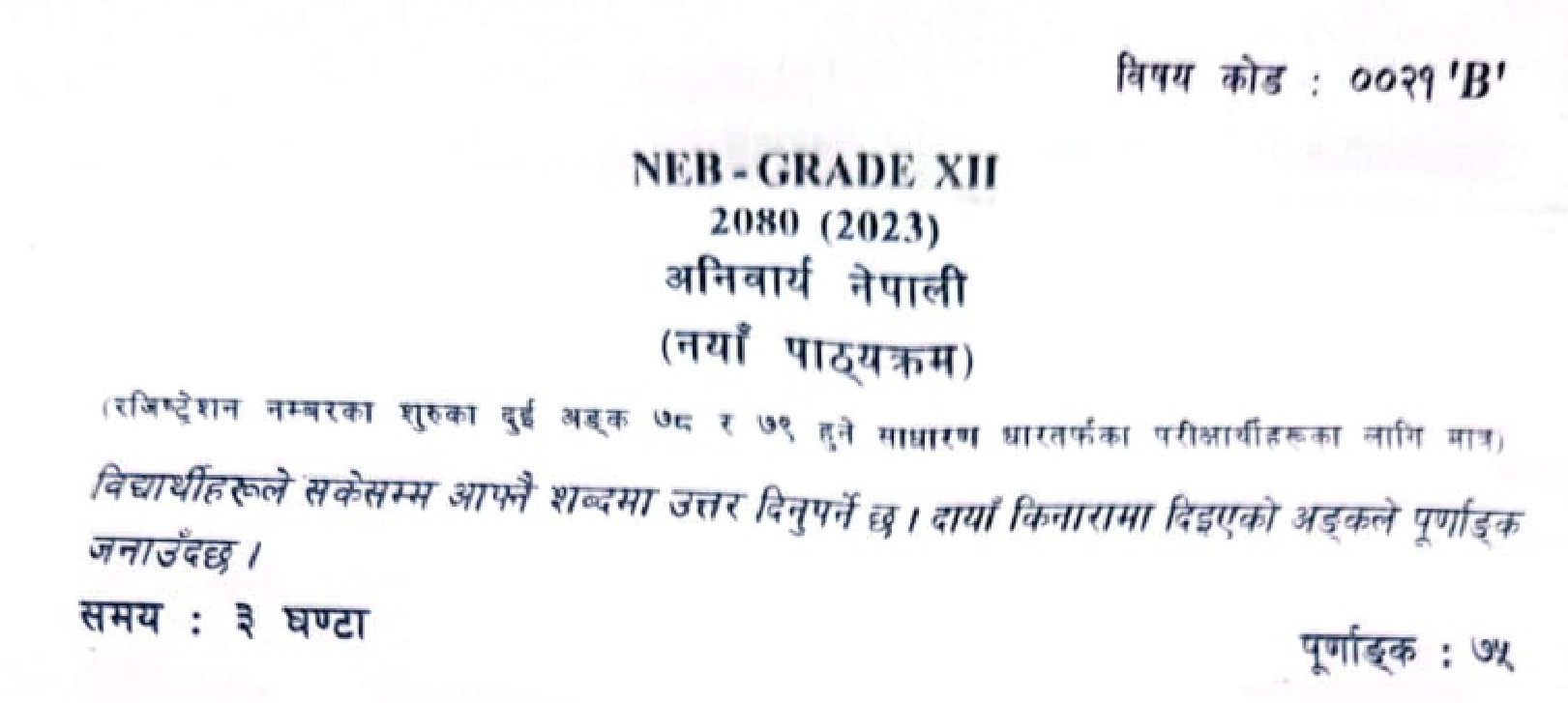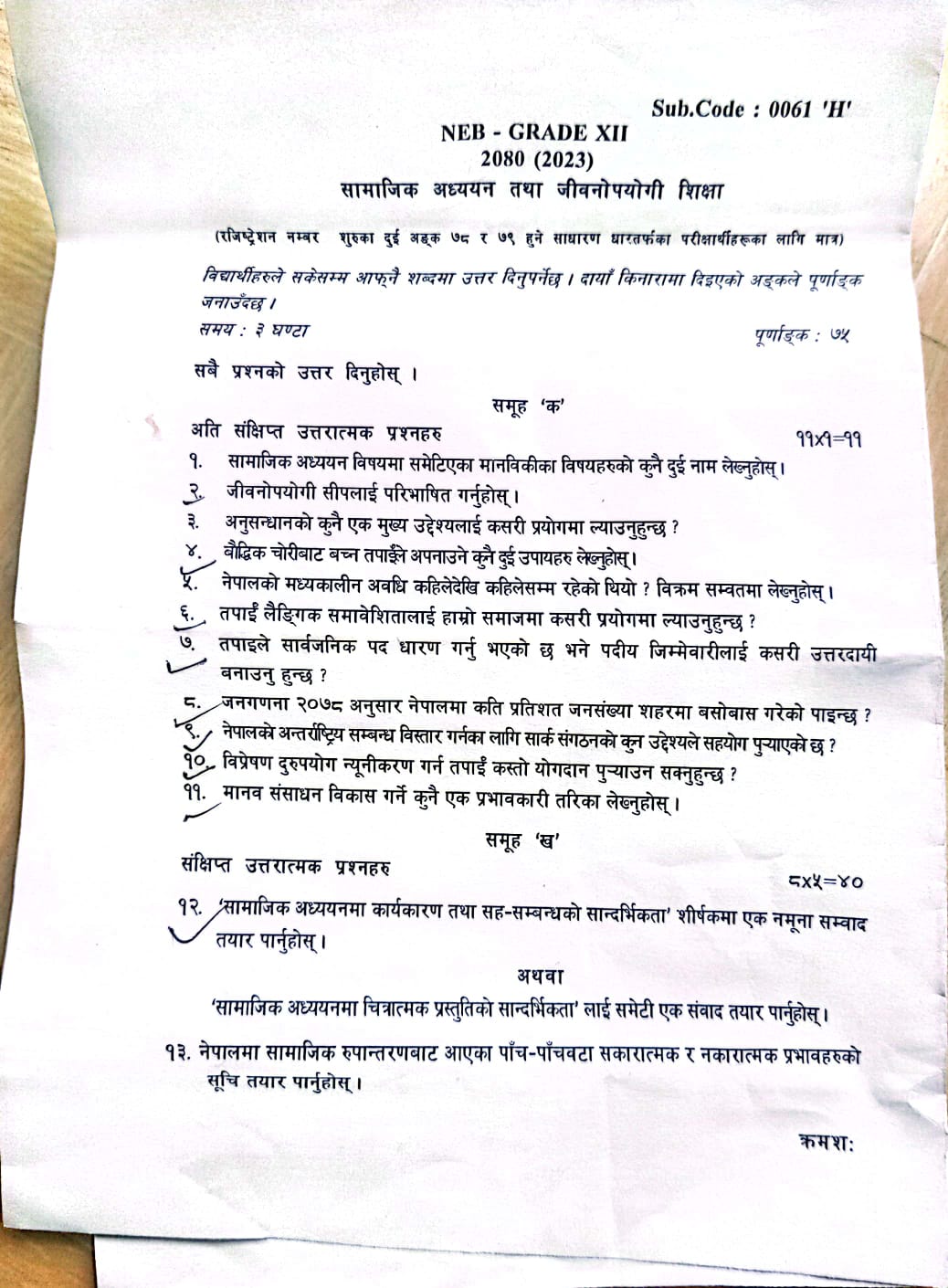Remittances sent by migrants to their home countries, can play a vital role in reducing poverty in Nepal. Here are some justifications for this claim:
- Economic Impact: Remittances contribute significantly to Nepal’s economy, accounting for a substantial portion of its GDP. The money sent by Nepali migrant workers working abroad provides a direct injection of foreign currency, which strengthens the country’s foreign exchange reserves. This, in turn, helps stabilize the economy, promotes investment, and facilitates economic growth.
- Poverty Alleviation: Remittances act as a lifeline for many households in Nepal, particularly in rural areas where poverty rates tend to be higher. The funds received from family members working abroad often exceed what they would earn through local employment opportunities. This additional income helps alleviate poverty by improving access to basic necessities such as food, healthcare, education, and housing.
- Employment Opportunities: The migration of Nepali workers to countries like India, Malaysia, Qatar, and the Gulf countries provides employment opportunities for individuals who might otherwise face limited job prospects in their home country. By seeking employment abroad, migrants can earn higher wages and improve their financial well-being. This reduces their own vulnerability to poverty and also generates employment opportunities for others within Nepal, as remittance funds are often invested in local businesses and entrepreneurship.
- Social Development: Remittances have a positive impact on social development indicators in Nepal. Improved access to education, healthcare, and other social services is often made possible by the financial support received through remittances. Migrant workers’ families can afford better quality education for their children, resulting in increased literacy rates and improved long-term prospects for upward mobility.
- Rural-Urban Migration Balancing: Remittances can help mitigate the negative consequences of rural-urban migration. In many cases, young people from rural areas migrate to urban centers or overseas in search of better economic opportunities, leaving behind aging populations and vulnerable communities. Remittances provide a means to support those remaining in rural areas, reducing the economic disparities between urban and rural regions.
- Investment and Entrepreneurship: Remittances often serve as a source of capital for investment and entrepreneurship within Nepal. Migrant workers and their families may use the funds to start small businesses, engage in agricultural activities, or invest in productive assets. This leads to job creation, stimulates local economies, and fosters self-reliance, thereby contributing to poverty reduction in the long run.
It’s important to note that while remittances can have positive impacts on poverty reduction, they should not be seen as a long-term solution. Efforts to diversify the economy, promote sustainable development, and create employment opportunities within Nepal are also crucial for sustained poverty reduction.


 - [Resolving the Adventure Not Found Error in For the King 2](#) - [Understanding the Purpose of the Hardwork Skill in For the King 2](#) Upon liberating the prisoner from the cart in The Resistance chapter, the world unfurls for exploration. Roam the area until you chance upon an overturned wagon distinct from the prisoner cart, nestled in the Foothills area of the map. Should the wagon remain elusive, lean on Vision Scrolls or Find Distance items, available in town shops, dropped by enemies, or carried by specific characters such as the Scholar. Employ these tools to meticulously scrutinize the Foothills. Continue your exploration of the Foothills until you stumble upon the broken wagon. Once uncovered, assign any of your party members to investigate – no battle ensues, sparing your entire party from involvement. A notification will prompt you to the exact location of the Bandit Camp, where Hildegard's husband is being held captive. Liberate him from the camp to successfully fulfill this objective. These are the crucial steps to unraveling the mystery of Hildegard's husband in For the King 2. If you found this guide beneficial, consider exploring our diverse range of other informative guides.](https://meropaper.com/wp-content/uploads/2024/01/for-the-king-2-hildegard-husband-cart2-150x150.webp)








